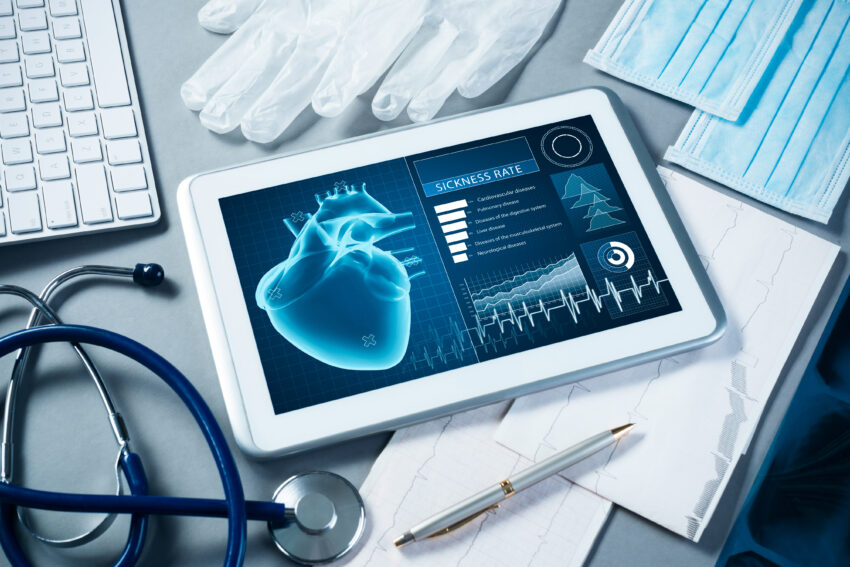Technology is constantly evolving and is having a noticeable impact on many different areas of our lives as it develops.
The healthcare sector is no exception. Innovative technology has transformed the way that healthcare companies operate over the years and continues to deliver innovations to healthcare providers and businesses. Let’s look in more detail at how technology has helped transform healthcare businesses.
- Improved customer service & retention
Changing technology has allowed for improved customer service and customer retention. Tech-based services like virtual healthcare and video conferencing appointments make it easier for patients to access reliable healthcare, even if they’re unable to leave their homes.
Interactive websites and a wider range of support services like online chat make communication and customer service more accessible and responsive and this additional value can help to increase customer retention.
By implementing robust security frameworks like HITRUST, healthcare businesses can leverage technology to ensure compliance and protect sensitive patient data.
- Faster work turnaround times
For companies in any industry, technological advances can lead to more efficient workflows. This means faster turnaround times – another way to improve customer service. Options like online booking systems, ticketing systems, and digital patient records make it easier to securely store, access, and manage information. This helps healthcare companies to work more quickly and efficiently.
Artificial intelligence (AI) is a technological development that’s being adopted in many different areas. Recent research has also highlighted how healthcare companies are taking advantage of AI to deliver faster and more reliable test results. AI can rapidly collect, analyse, and interpret vast amounts of medical data. This can lead to shorter wait times for a diagnosis, as well as greater accuracy – a huge advantage for both patients and healthcare providers.
- Improved appointment management
For hospitals and healthcare clinics, technological developments have led to improvements in how appointments are managed. Online booking systems, self-referral systems, and check-in systems in clinics mean that many patients can independently manage their appointments. Digital systems make it easier to accommodate changes and cancellations, instantly updating booking systems to avoid confusion or missed appointments.
- More advanced devices & procedures
Rapidly evolving technology has also led to more advanced medical devices and equipment. These developments allow healthcare providers to offer more advanced testing and treatment with more accuracy and greater success rates. Developments like virtual reality can provide innovative treatments for pain and anxiety, as well as a safe new method for exposure therapy.
In some cases, technological advances offer life-changing outcomes. Eye surgery is one such area. Technology now offers a range of solutions for poor eyesight and eye-related health conditions. Whilst vision problems could once only be treated with glasses, advanced options like laser eye surgery and contact lens implants are now widely available.
Technology also allows for more advanced medical procedures that would have been significantly more challenging, or even impossible, in the past. Robotic surgery is becoming more commonplace, relieving pressure on surgeons and reducing the invasiveness of certain procedures.
- In-depth training
Medical professionals must have thorough training for their roles. Another way that tech developments like virtual reality are improving healthcare is by helping to enhance medical student training. This is done by simulating real emergencies and scenarios and offers students an increased level of hands-on experience, helping to cultivate the expertise that’s needed to deliver exceptional patient care.
- Constantly evolving healthcare
With the help of developing technologies, the healthcare sector and many other businesses around the globe are constantly evolving. In both patient care and administration, technological progress is helping to deliver a wide range of improvements across the entire industry. As technology continues to evolve, it seems inevitable that the healthcare sector, and a wide variety of patients, are going to benefit from its ongoing growth.


